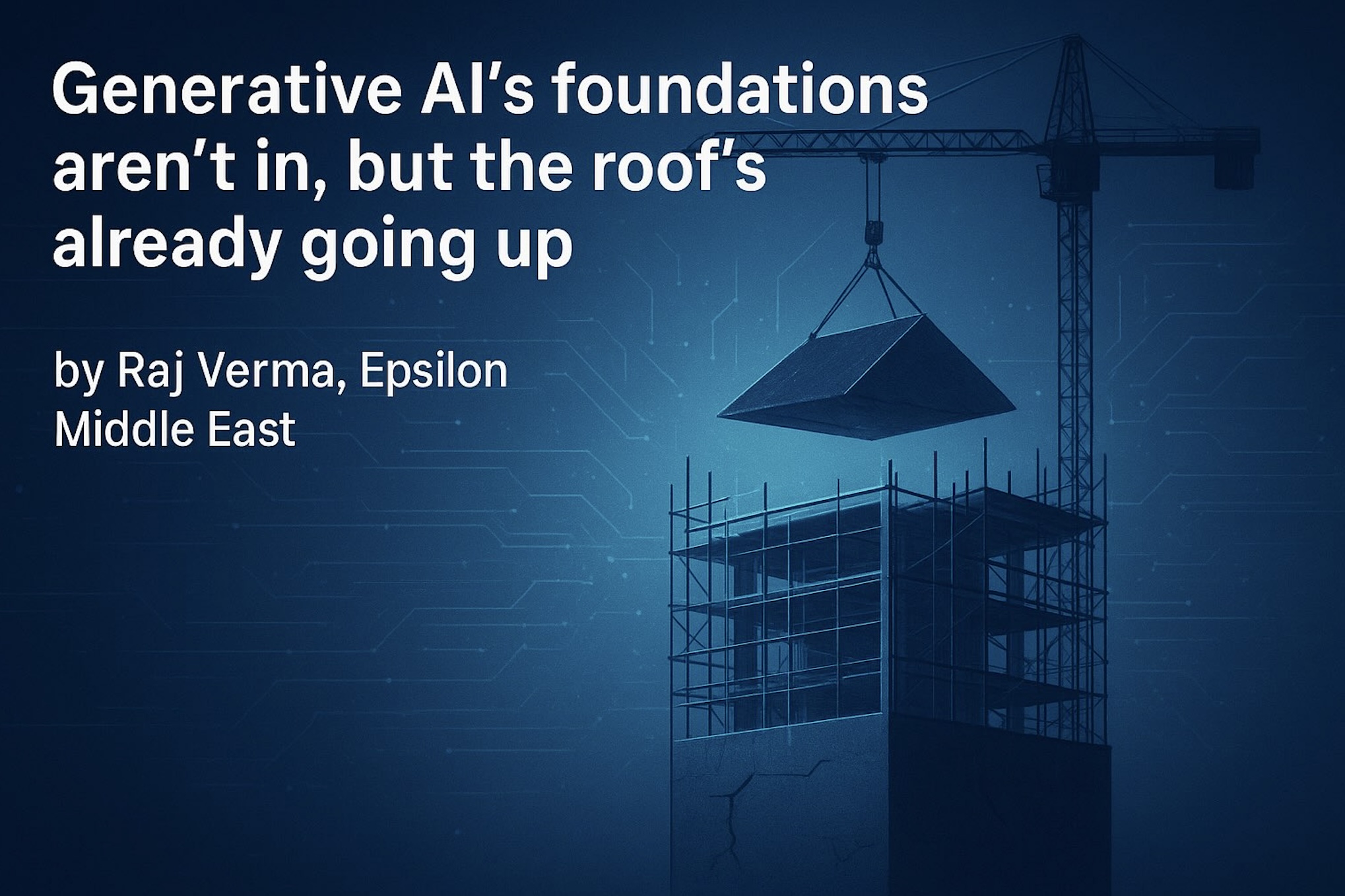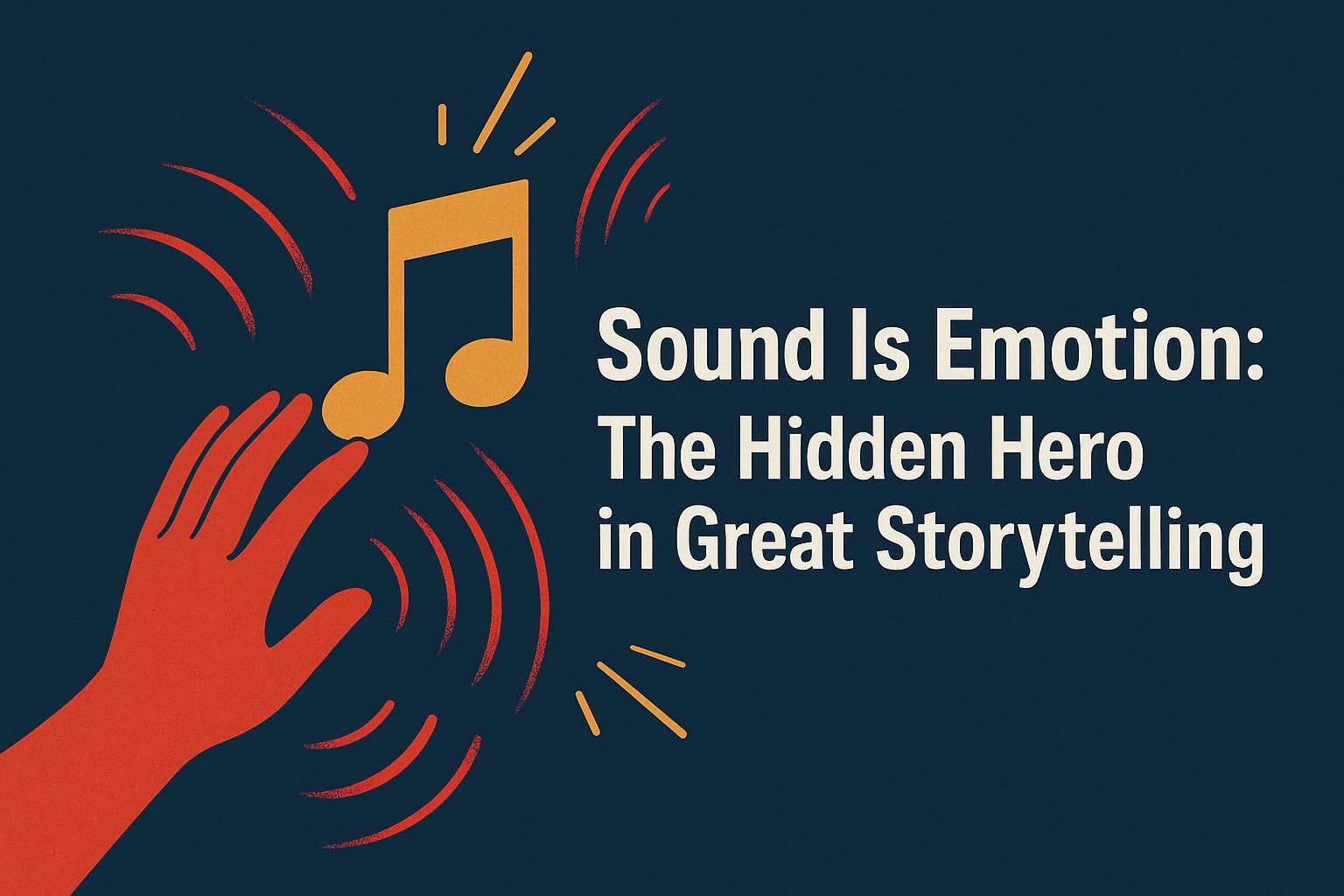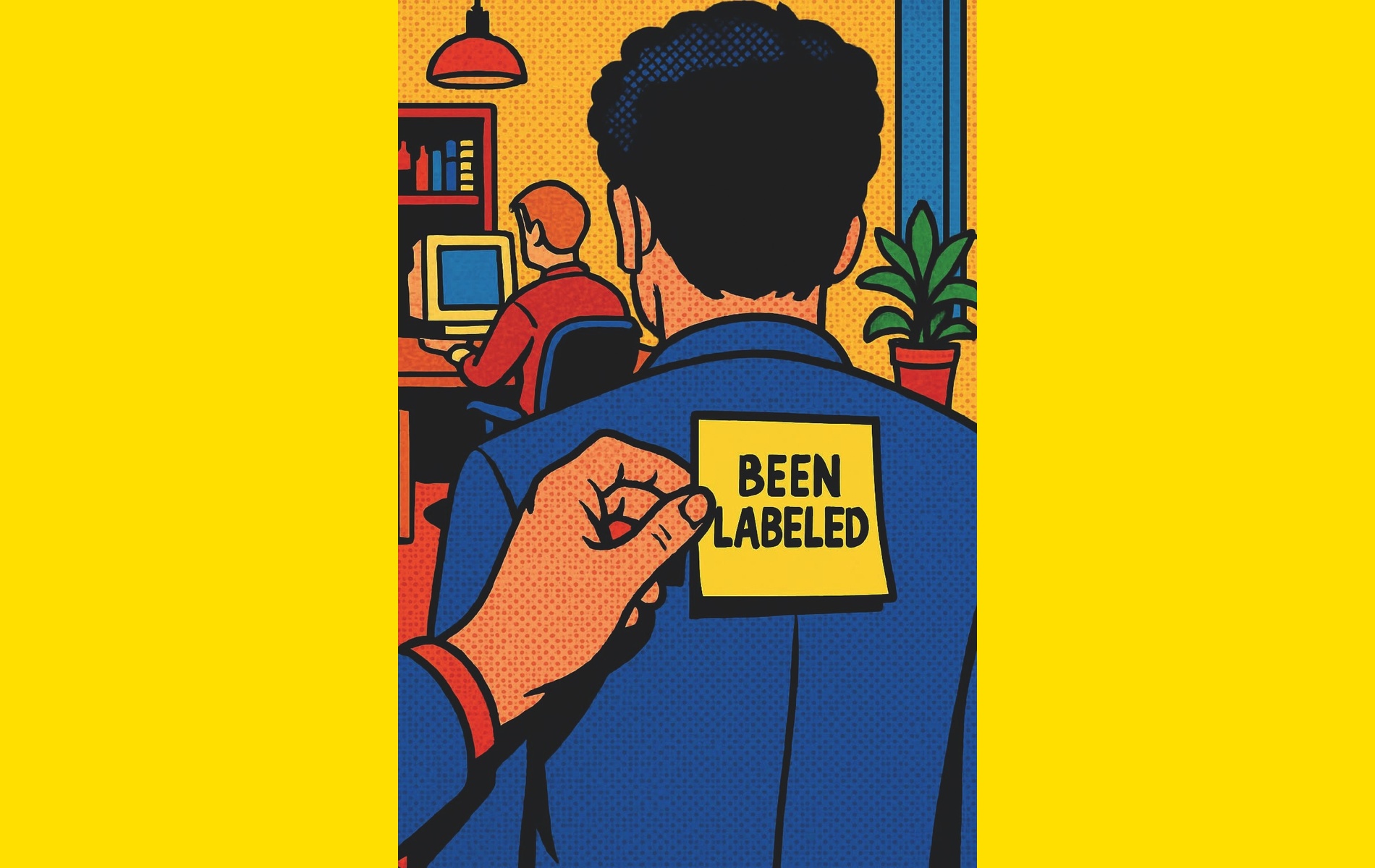Industry Talk - POV
Un-Branding Lebanon
by Ibrahim Lahoud, Brand Lounge
July 14, 2025
.jpg) Advertisement
AdvertisementIn this thought-provoking piece, Ibrahim Lahoud, head of Strategy & Insights at Brand Lounge, dissects Lebanon's deteriorating nation brand with brutal honesty.
From citizen accountability to cultural dissonance, he explores the collective role in shaping national identity. A wake-up call to rebuild Lebanon's image from within—not with campaigns, but through purpose, innovation, and unity rooted in civic responsibility.
THE ART OF SELF-INFLICTED DAMAGE: FIRST
Every time we meet with a client, we start with a short statement, a wake up call: You do not own your brand, the people do.
According to a Brand Finance 2024 ranking, Lebanon came 127th, down from a 116 position in 2023.
On the soft power side, and based on a WIPO survey in 2024, Lebanon ranked:
125th: on education expenditure
75th: on global brand value
132nd: on government effectiveness
132nd: on labor productivity growth
133rd: on operational stability for business
127th: on policy stability for doing business
The most pertinent ranking is Simon Holt’s Good Country Index. The criteria are simple: to measure what each country on earth contributes to the common good of humanity, and what it takes away, relative to its size. Here’s how Lebanon ranks in 2025 out of 174 countries:
126th on culture
167th on international peace and security
162nd on planet and climate
104th on prosperity and equality
NOTHING BUT THE TRUTH
In mastering the art of blaming everyone but ourselves, we hide behind deceptive differentials as an excuse. The sturdiest pillar of a democratic nation’s image to the world is built, and delivered by we, the people.
People collectively build a sense of patriotism.
People bring politicians to power.
People work together to boost the nation’s productivity.
People project in unison a sense of welcome and safety.
People study because education is the opposite of ignorance.
People are careful about what they say, because every whisper gets amplified.
The success of all the remaining pillars is determined by how people act as citizens.
LET’S DISSECT: PEOPLE COLLECTIVELY BUILD A SENSE OF PATRIOTISM
Lebanese often confuse patriotism and nationalism. Nationalism implies a sense of superiority over other nations, and I will not even comment.
Patriotism on the other hand, is often claimed as a term rather than an act. The devotion and loyalty to Lebanon entails respecting the national symbols, taking part in civic duties, contributing positively to society, and advocating for the nation’s progress, and justice.
It all starts internally, before we can export it to the world. Lebanon currently lacks the basic building blocks for internal consensus, civic sense, and conviction to make a positive impact.
PEOPLE BRING POLITICIANS TO POWER
Policymakers are both inward and outward influencers. While acting on bringing citizens’ aspirations to life, they work on projecting the nation’s soft power to the world.
How are we electing our representatives? What are the criteria determining our choice? How do we assess the impact on the societal, national, and nation’s image scales?
How can the country project an image of a technocrat-based nation where law-making is based on knowledge rather than ideology, when politicians are elected or appointed based on religion rather than qualifications?
For decades, we have been drowning in political, territorial, sectarian, and regional push and pull, so much that we have forfeited the bigger picture. This has resulted in tarnishing the nation’s brand, bringing Lebanon’s image down from a Switzerland of the East to a 10,452 Km2 of identity crisis.
PEOPLE WORK TO BOOST THE NATION’S PRODUCTIVITY
Lebanese are working very hard to make a living. Unfortunately, they have not been working smart enough to make a nation.
The continuous pressure of currency devaluation, failing banking system, and sharp fall in job opportunities have forced the Lebanese to focus on themselves, and forget about the country. It is a vicious circle. The more we only care about ourselves, the more the nation suffers, the harder it impacts us.
One of Lebanon’s prime exports was brainpower, sought after all over the world. This has now shifted to a mass exodus of people seeking to feed their families.
How do we rebuild the strong image of a nation without the base-pool of intelligentsia needed to strategize that image for a global salient impact?
PEOPLE PROJECT A SENSE OF WELCOME AND SAFETY
Safety and security are paramount to anyone seeking to visit or live in a country. While Lebanese are famous for their hospitality and welcome, they fail to project the country as a safe haven.
We failed at projecting diversity and inclusivity. We are sending the wrong messages to the world, even through advertising, where countless “award-winning” campaigns complain about the situations we played a role at creating.
What messages are we broadcasting to the world? In a sea of nature drone shots we share, we forget that it’s the nature of the people that makes a difference.
We unknowingly hold the chisel that chips away at the amazing masterpiece Lebanon once was.
PEOPLE STUDY BECAUSE EDUCATION IS THE OPPOSITE OF IGNORANCE
Coming as 135th on education expenditure is enough a sign to show where we are heading.
Education is the cornerstone of a nation. It defines how openminded, cultured, and visionary we are, the nucleus for building a nation’s reputation and sustainable future.
Higher education is becoming less accessible to the average Lebanese. This is contributing to a substantial chunk of under-skilled youth lacking the new-age requirements to build a career, let alone a nation. This is on us.
In a country where taxi drivers used to proudly speak three languages, the language we speak now is one of disarray.
PEOPLE ARE CAREFUL ABOUT WHAT THEY SAY
Today, every whisper gets amplified on some social channel and could turn into a nail in the coffin of the nation’s reputation. Fake news, rumors, rants, personal grudges, and personal opinions abundantly populate Lebanese social media channels.
We are one of the largest global diasporas. With an estimated 8 to 14 million Lebanese outside of Lebanon (according to Wikipedia), we’ve always had a pole position at building Lebanon’s reputation on an unprecedented scale. No, it’s not about the successful Lebanese outside of Lebanon. These were nurtured by the nation hosting them. It is about Lebanese in and outside Lebanon that made the Lebanon successful.
Media in Lebanon, on the other hand, is so fragmented that one needs to read, watch and listen to half a dozen of them to be able to formulate the embryo of an informed decision. The nation’s media is accessible worldwide. What does it say about us and the country’s reputation and image?
How is media playing a role in bringing the nation under one creed? How is it contributing to sending the right signals about Lebanon? How is it communicating our unified culture, vision, aspirations, and resolve?
WHERE DO WE START?
Lebanon is on a path to recovery. But what is the prognosis and follow up course of treatment?
While I agree with Mr. Aholt that nation branding as we know it is becoming a generic term, let us look at Lebanon as a brand that generates perception projecting a new reality.
At Brand Lounge, we use a framework that strategizes a brand through four dimensions working in harmony to arm a brand with the right perceptions. Purpose, Innovation, Culture, and Image.
PURPOSE
Purpose answers a big question, one that proves more consequential when it comes to nations, and to Lebanon in particular: Why do we exist as a nation? What’s our story? What is our contribution to citizens, and what’s our impact on the world? Lebanon needs to dig deep for answers, not in history, but deep in what makes us a nation of the future. Lebanon is larger than life, and needs a purpose that engrains it in the global fabric where its impact can be felt and lauded.
We cannot build a future by constantly looking at our tumultuous past. To those who learned, that past taught us many lessons, one of which is the opportunity to start fresh, to right the wrong.
INNOVATION
Innovation is the white space between what is new and what people need or want. It is not about technology, it is a mindset perceived through three lenses.
First are incremental benefits. To shine as a nation, we need to be good at something, and do it better than others. That’s why, while many countries excel at fashion, France remains the beacon.
Same goes for Italy and supercars, Japan and technology.
So what are we good at? How are we owning it? And how are we positioning the nation as leader in that segment?
The second lens is the business model. How are we engineering the nation as a hub for innovation?
How are we creating an adequate climate that attracts local and foreign talents and investments, and one that brings back home all the talent lost? How will we profit from them to drive economic growth, build global influence and sustainability?
The third lens is about disruption. For centuries Lebanon has acted as the disruptor in the region.
Education, law, art, architecture, science, all came together to shape Lebanon’s pioneering image to the world. We were the drivers of innovation, even helping others shape theirs.
Unfortunately, we lost those centuries-old attributes in less than three decades. How do we earn them back? How do we build the manpower to hone that perception again?
CULTURE
Where do I start here? Usually, we tell clients that the moment you have more than two persons in a room, culture happens. What happens when you have five million persons in one room, each claiming their individual territorial values?
Culture is not about words and images on walls and social media. Photos of people having a Mezze by the beach or partying, and videos of snow-covered mountains are not culture. “Hi, kifak, ca va?” Is not culture.
Culture is a set of values that lead to specific behaviors driven by actions. Culture is about what we collectively, as one nation, believe in, and behave accordingly.
Currently there is a huge cultural dissonance prevailing, driven by a lack of consensus on major identity and cultural issues. We cannot project a unified perception to the world when we cannot agree on our own cultural drivers.
How many Lebanese know the lyrics of their National Anthem by heart? Culture, although internal is always bound to bleed externally, giving the world a glimpse of who we are, in essence, not on social media.
IMAGE
Being the last dimension, does not undermine its importance. Image is where Purpose, Innovation and Culture are packaged and presented to the world. Image is verbal as well as visual. Image is in experiences, behaviors, messaging, and communication.
Image is the public driver of perception. Just as for a brand, image is not a logo, for nations it is not a flag.
Lebanon’s image is tarnished, and that’s a fact. How do we polish it? And please, don’t answer with a “campaign”. Being the tip of the iceberg, image is the most visible aspect, agreed, but what makes it float is the mass under the waterline.
Lebanon’s image is drowning because its underwater mass is shrinking, slowly eroded by lack of patriotism, commitment, engagement, and tolerance, but mostly by the lack of foresight about where we are headed, the consequences, and the immediate need for a remedy.
لبنان يا قطعة سما - LEBANON, A PIECE OF HEAVEN
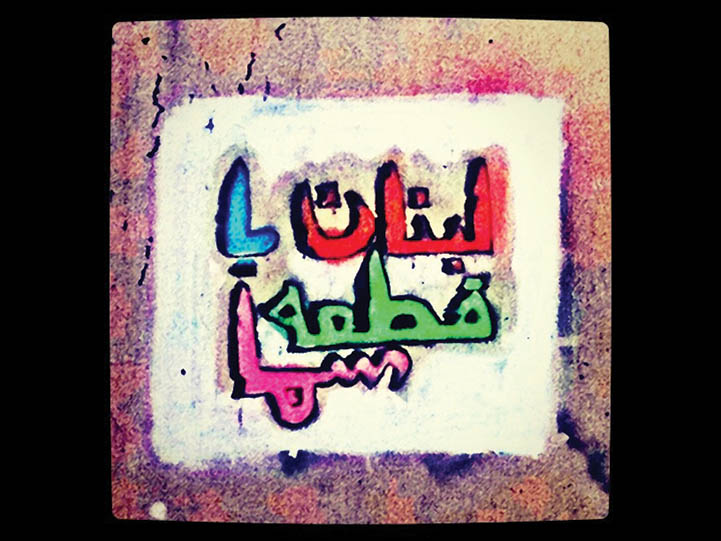
We get goosebumps reading the words, and we can hear Fairuz nostalgic voice resonate in our hearts. For a second, we forget everything we fight for, and feel everything we agree about.
Building Lebanon’s image is not impossible, in fact it is easier than we think. We have the human assets, history’s equity, and emotional resolve to place the nation on the pedestal of glory.
All we need to do is bring back the human in us, focus on the equity we built rather than the one dictated to us, and ignite our resolve around one vision, one purpose. The rest will fix itself.


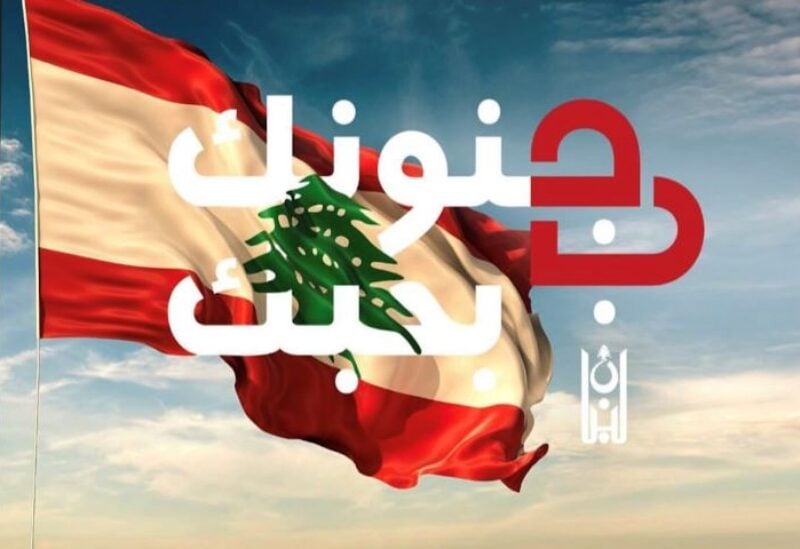




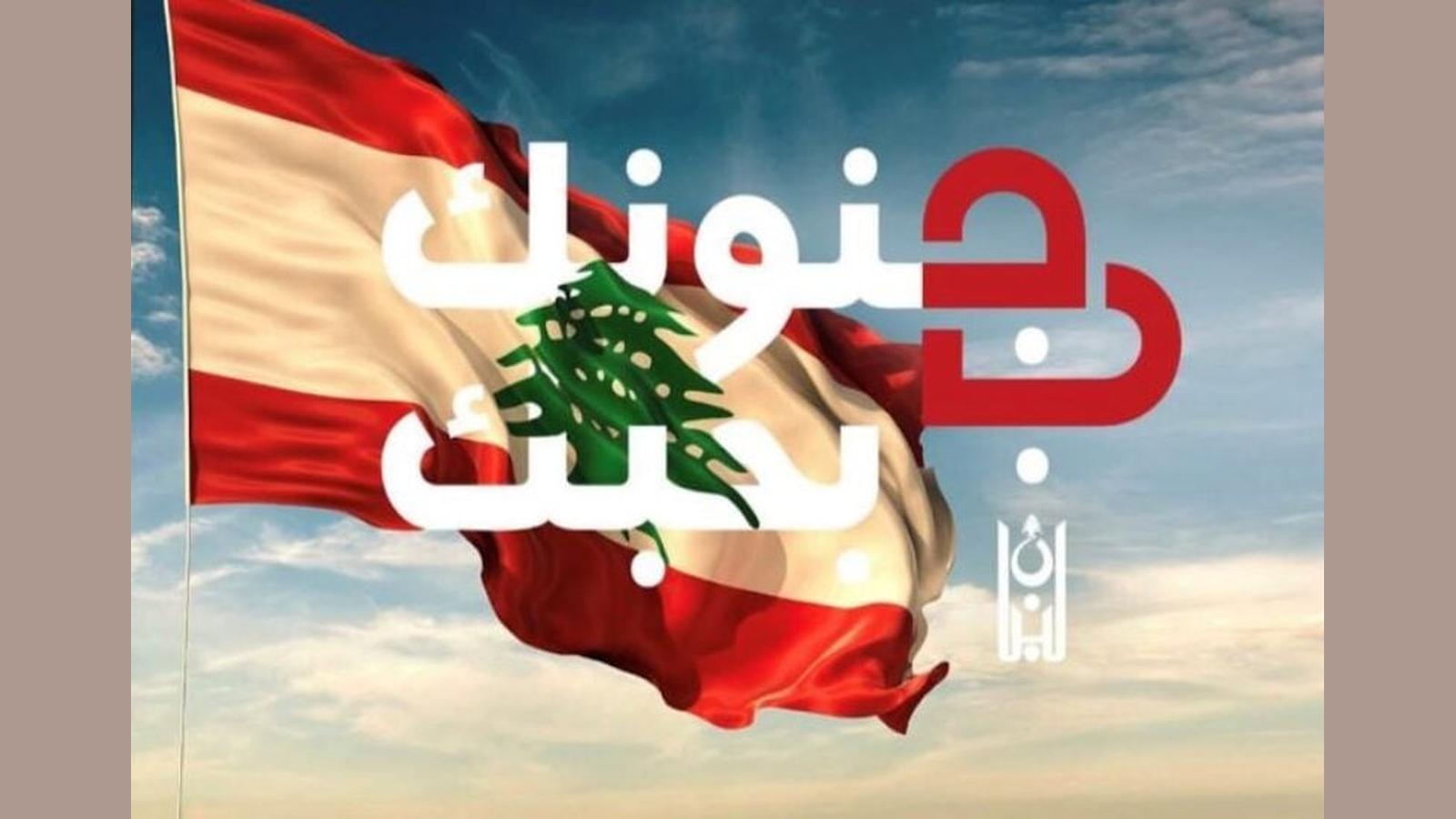
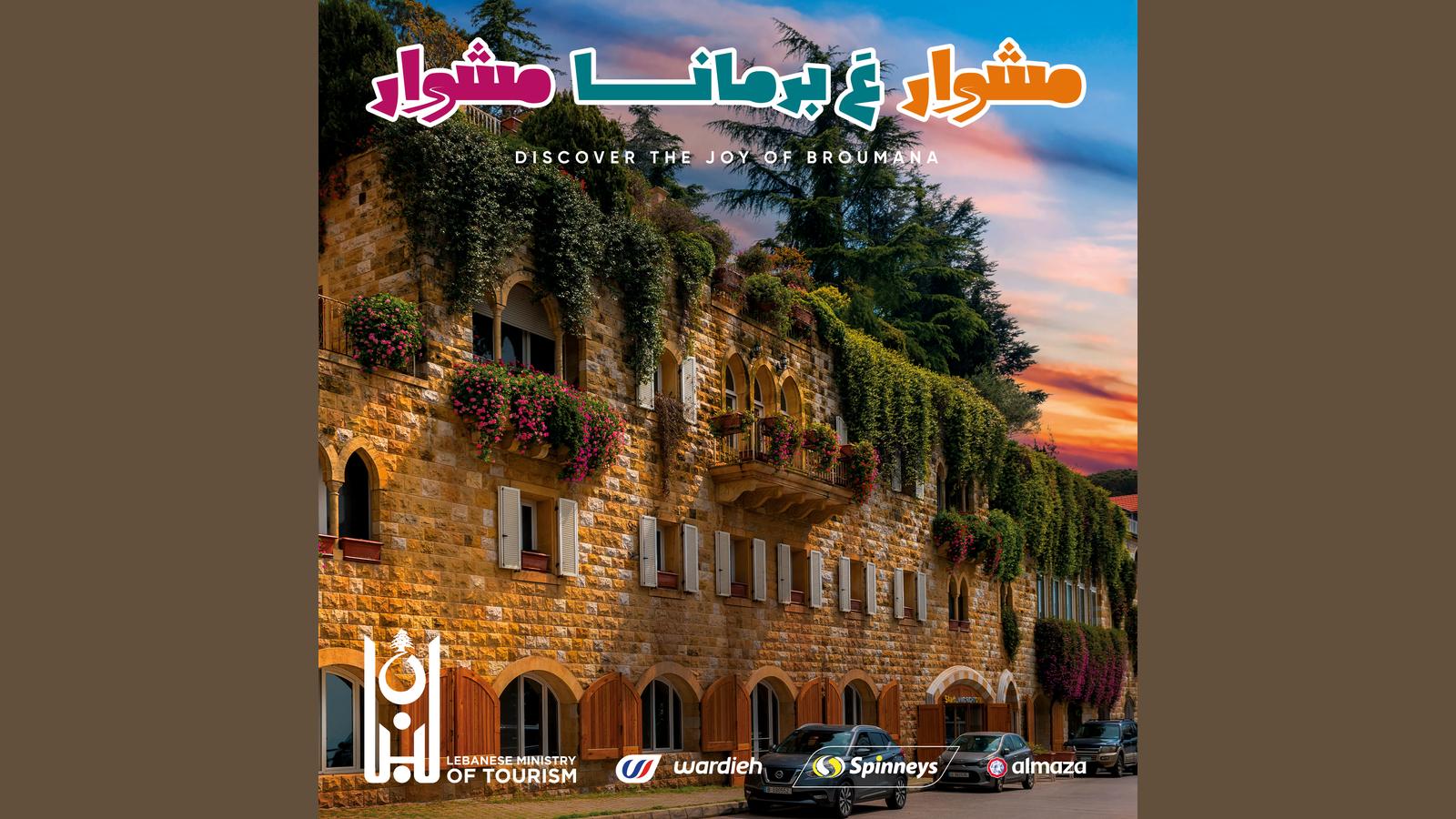
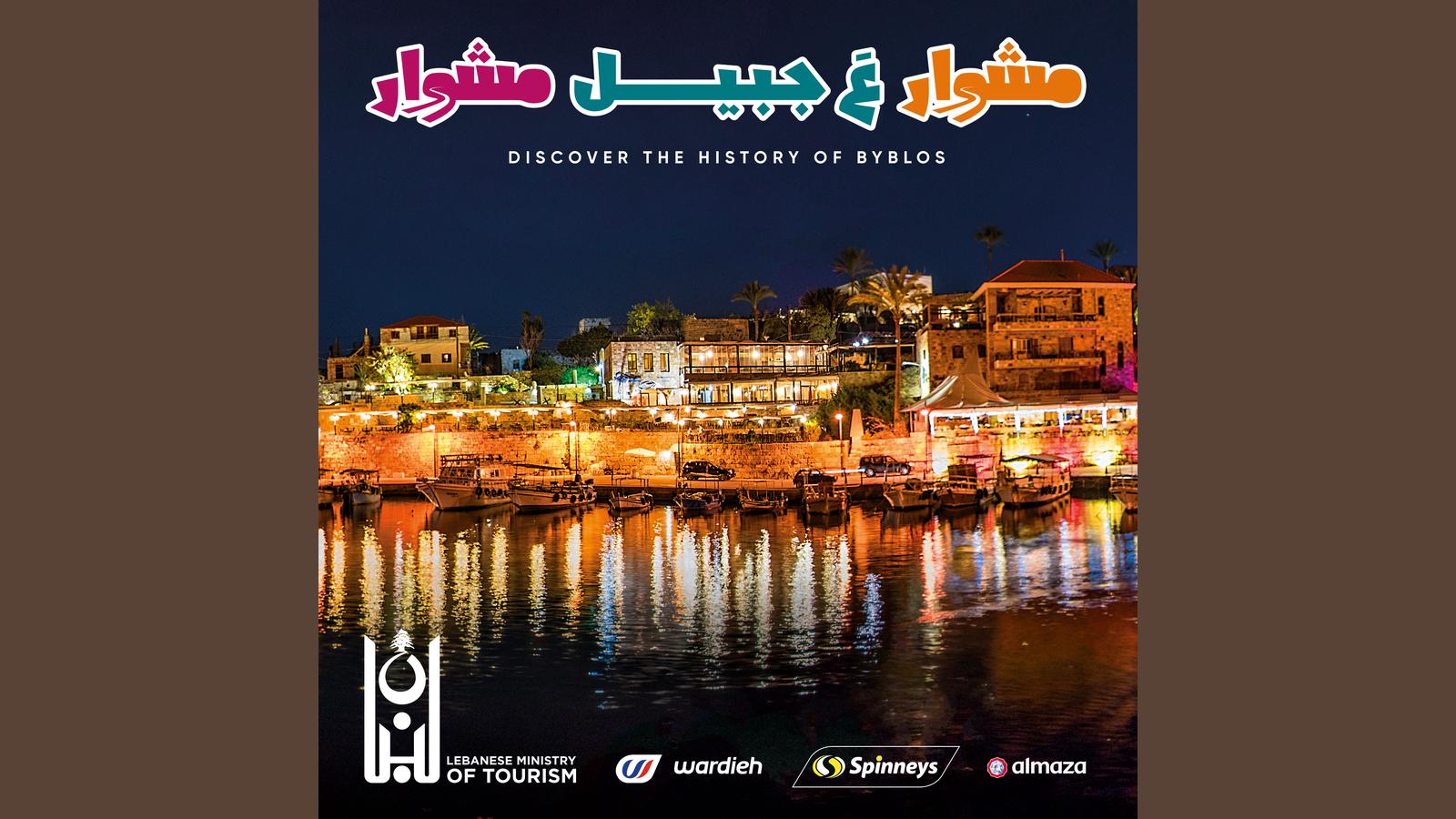
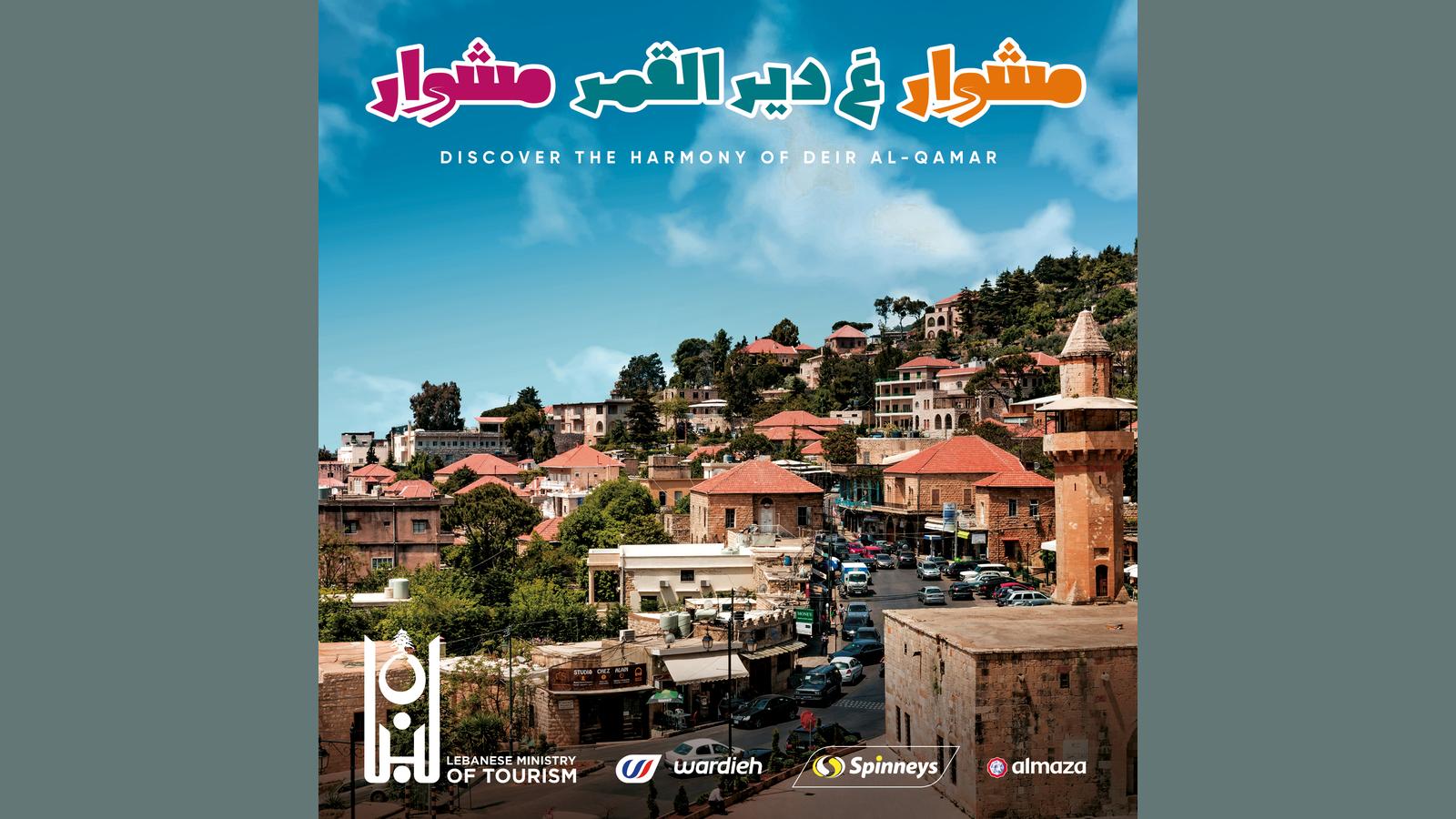
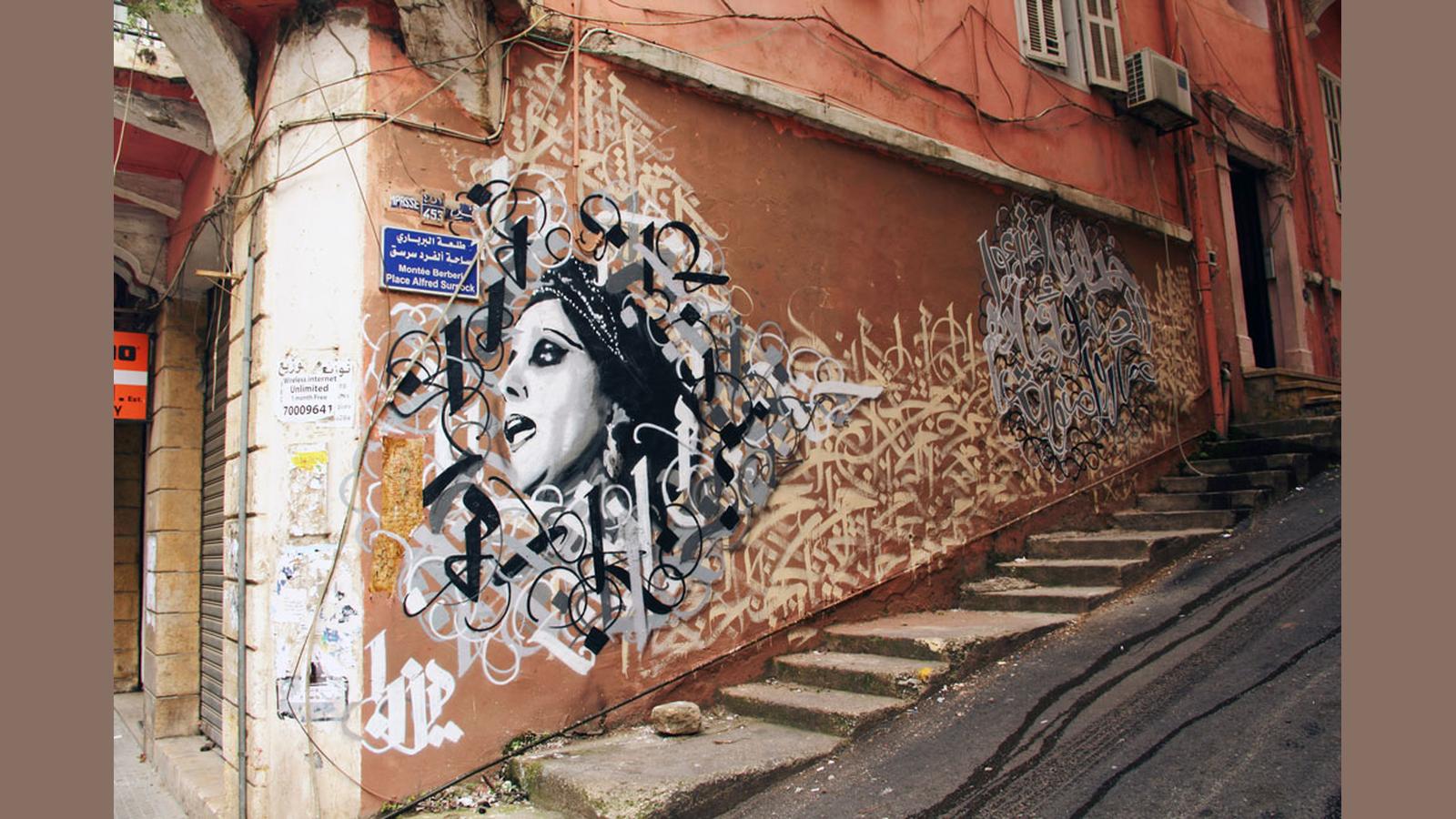
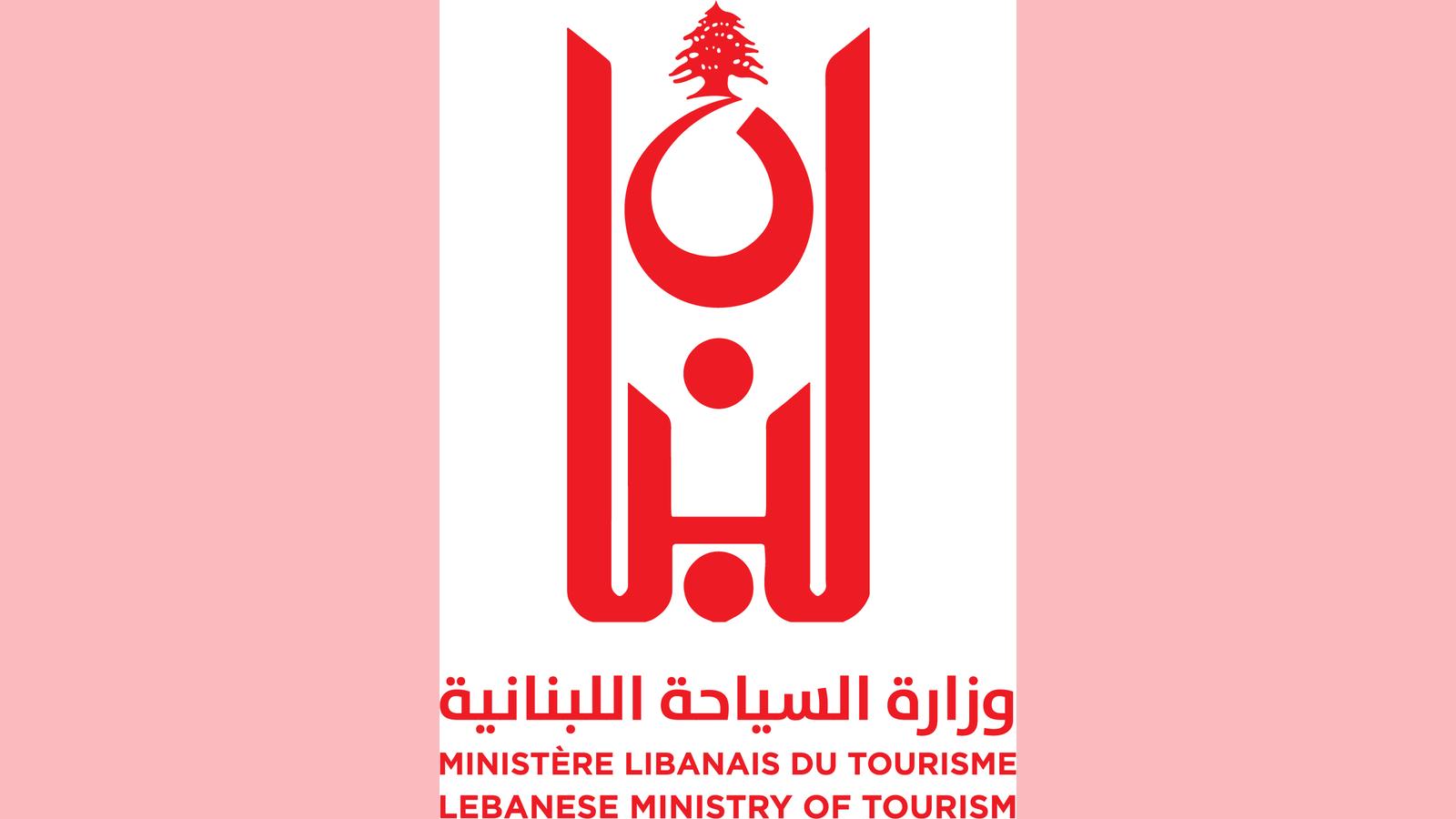
.jpg)
